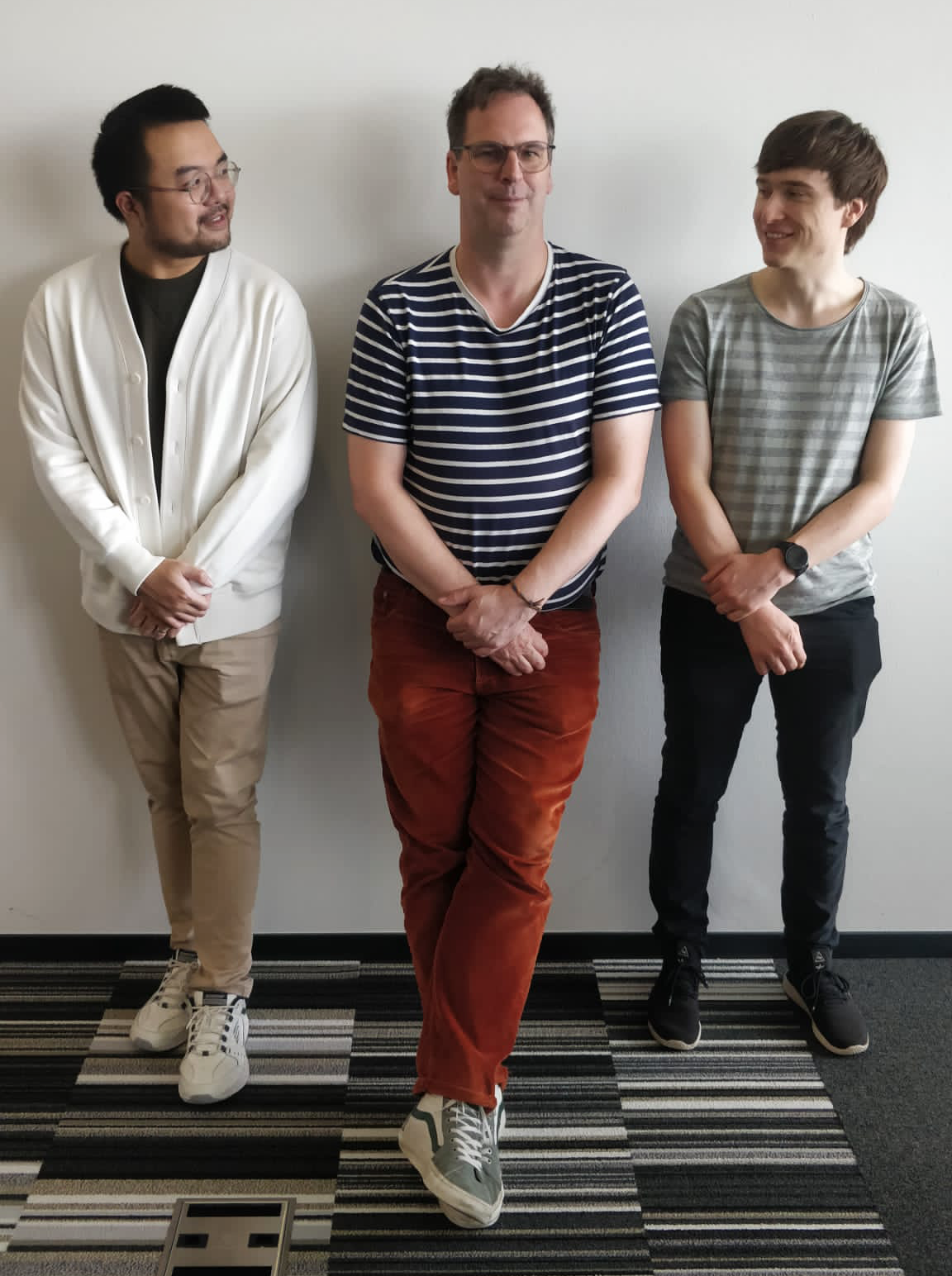Corpus-Based Typology Group

We are interested in the way that users of diverse human language express events and their participants in discourse during communication. Our main approach is corpus linguistic, and we draw on (adult) spoken-language textual data from diverse and often understudied languages that typically stem from collections assembled as part of language documentation projects. We use diverse techniques in computational modelling of corpus data in our analyses.
The group revolves around the SNSF-funded project “Reference production and the evolution of person agreement: Corpus-based typological and computational approaches” where we focus on the question of referential choice during reference production, in particular the choice of an overt pronoun in contrast to zero reference. We here seek to identify in particular those circumstances where increased pronoun use does not appear to be motivated by functional and cognitive factors commonly held responsible for referential choices across languages.
Team members:
PI: Stefan Schnell, senior researcher
Researcher: Guido Linders, SNSF project
Doctoral candidate (from January 2024): Tai Hong, SNSF project